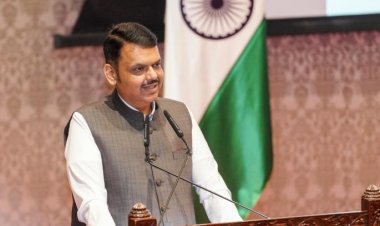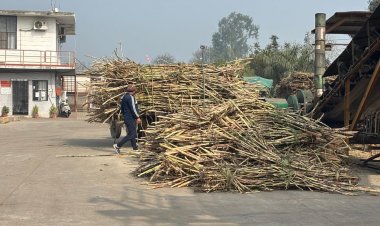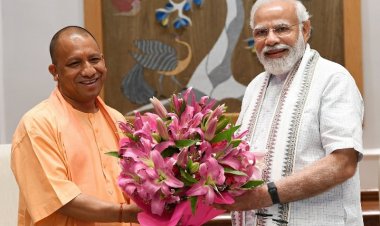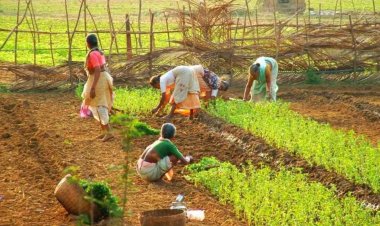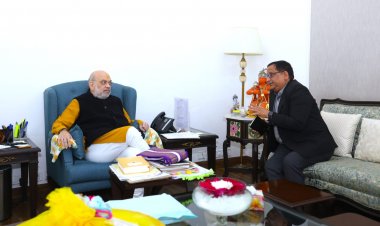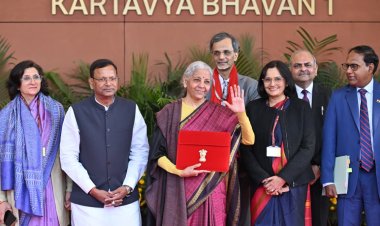UP wheat procurement slumps to 332,000 tonnes vis-à-vis 6 MT target
Last year, the state government and FCI procurement centres had breached the 5 MT mark by 10 June 2021 against the target of 5.5 MT for the 2021-22 Rabi marketing cycle. So far, more than Rs 615 crore has been paid to the growers against the procurement of wheat in the current season. Last year, the payment stood at about Rs 10,000 crore in the corresponding period.
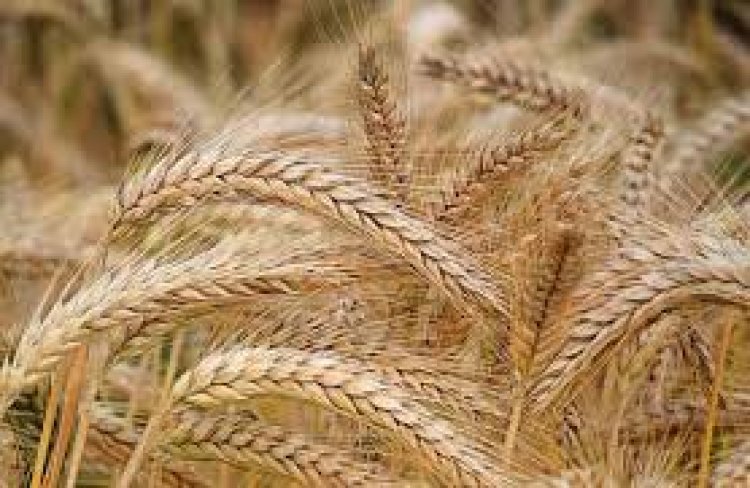
Lucknow
The Uttar Pradesh (UP) wheat procurement in the current Rabi Marketing Season (RMS) 2022-23 has slumped to about 332,000 tonnes, which is less than 10 per cent of the seasonal target of 6 million tonnes (MT).
Last year, the state government and Food Corporation of India (FCI) procurement centres had breached the 5 MT mark by 10 June 2021 against the target of 5.5 MT for the 2021-22 Rabi marketing cycle.
According to official figures, the government agencies have so far procured nearly 331,000 tonnes from about 87,000 wheat farmers in the state.
Recently, the Yogi Adityanath government extended the wheat procurement duration by two weeks to June 30 in the wake of muted institutional buying of the important commodity.
So far, more than Rs 615 crore has been paid to the growers against the procurement of wheat in the current season. Last year, the payment stood at about Rs 10,000 crore to more than a million farmers in the corresponding period.
With only about 8-9 days left now, the UP wheat procurement is expected to remain low after successive years of robust institutional buying.
The government agencies are buying wheat at the minimum support price (MSP) of Rs 2,015 per quintal (100 kg).
The procurement season had kicked off on April 1 and was scheduled to culminate on June 15 before the time band was extended by the state government.
Owing to the surge in the international wheat prices following the ongoing Russia-Ukraine war, the wheat procurement was expected to witness a low trajectory at the start of the RMS itself. Russia and Ukraine are among the top wheat producers and exporters globally.
The domestic prices of the commodity had also risen owing to the increase in the demand for wheat in the export market.
However, the Indian government had later banned wheat export to cool domestic prices and ensure food security going forward.
The UP government had announced plans to open 6,000 procurement centres to buy wheat from farmers during the current RMS.



 Join the RuralVoice whatsapp group
Join the RuralVoice whatsapp group

















